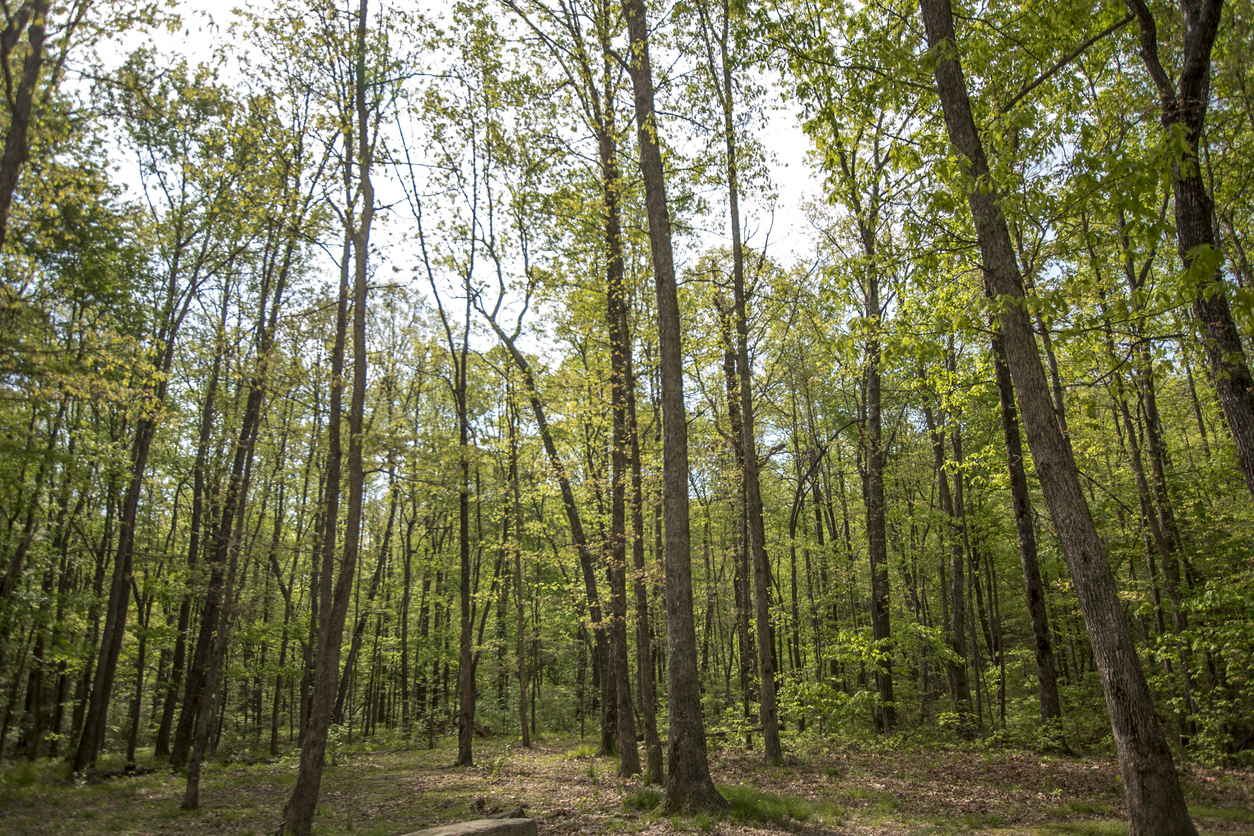
Forestry Organizations Should Lift Ban on GM Trees, Scientists
September 4, 2019| |
Scientists are calling on forestry organizations to lift the ban on planting GM trees in certified sustainably managed forests. They said that such ban hinders research towards finding vital potential solutions to the most pressing problems in forestry.
Release of certifications on forest sustainability started in 1990s when environmental groups expressed their concern about tropical deforestation. To encourage consumers to purchase forest products from sustainably managed forests, certifications were given, and logos of the certifying organizations were placed on the packaging of the forest products such as paper, cardboard box, and others. According to the organizations, GM trees were banned as precaution against uncertain environmental risks. However, such ban limits the choices of forest managers since they could not plant GM trees that could better withstand pests and drought compared to non-GM trees. For instance, poplar trees are cultivated for use in furniture, boat-making, paper, chopsticks in China because of its flexibility and close wood grain. The emergence of Asian longhorn beetle devastated the 7.04 million hectares of poplar in China. In 2003, China commercialized GM poplar trees that contain cry1a genes from Bacillus thuringiensis and later with a proteinase inhibitor from Sagittaria sagittifolia to control the beetle. In 2016, a total of 543 hectares GM poplar was cultivated in China.
Steven Strauss, a forest biotechnologist from Oregon State University, together with other scientists authored a petition to lift the ban. Strauss works with forest companies in South Africa and Brazil, where climate change and pests significantly affect tree plantations. Because of these challenges, the companies expressed their interest to use genetic engineering as one of the tools to help them address their concerns in growing wood in an economic and sustainable way.
Read more from Science.
| |
You might also like:
- Pocket K No. 50: Biotech/GM Trees
- GM Approval Database - GM Poplar Events
- GM Eucalyptus Approved for Commercial Use in Brazil
Biotech Updates is a weekly newsletter of ISAAA, a not-for-profit organization. It is distributed for free to over 22,000 subscribers worldwide to inform them about the key developments in biosciences, especially in biotechnology. Your support will help us in our mission to feed the world with knowledge. You can help by donating as little as $10.
-
See more articles:
-
News from Around the World
- US, Highest Producer of Biotech Crops in 2018, Gov't Support Vital
- Declaration to Establish African Coalition on Genome Editing Communication Adopted
- NZ's Environmentally Sustainable Ryegrass for Livestock Makes Steady Progress in the Field
- Philippines Among Top Biotech Crop Adopters in Asia-Pacific, 2018 ISAAA Report Reveals
- Scientists Discover Gene for Drought Resistance in Barley
-
Research Highlights
- Researchers Discover Gene to Help Produce Fatter and Oilier Seeds
- Salk Scientists Uncover Gene for Iron Tolerance in Plants
-
Beyond Crop Biotech
- Forestry Organizations Should Lift Ban on GM Trees, Scientists
-
Plant
- Bidirectional Promoter Based CRISPR-Cas9 System Developed for Genome Editing in Plants
- New Cloning System Allows Development of Transgene-free Edited Crops
-
Read the latest: - Biotech Updates (February 18, 2026)
- Gene Editing Supplement (January 28, 2026)
- Gene Drive Supplement (February 22, 2023)
-
Subscribe to BU: - Share
- Tweet

